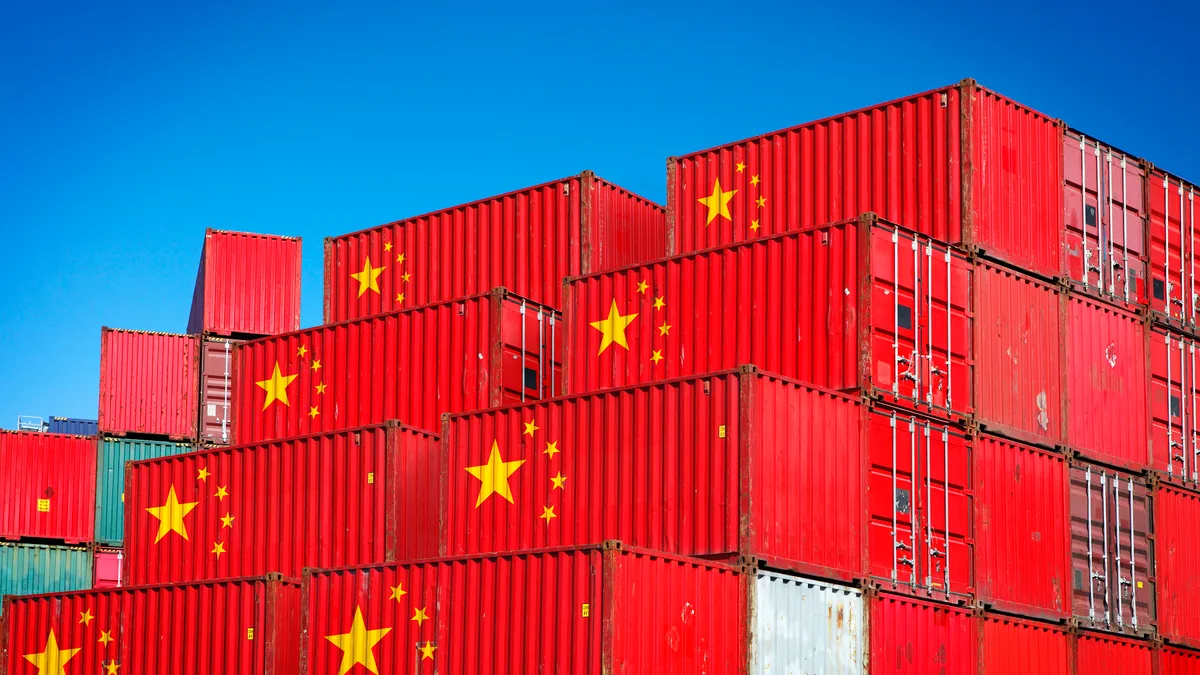Dive Brief:
- Technology and retail industry leaders are criticizing Donald Trump’s recommendation to impose tariffs on up to $60 billion worth of imports from China. The tariffs are designed to limit Chinese investment in the U.S. tech industry and prevent theft of U.S. intellectual property.
- The Retail Industry Leaders Association (RILA) and the Information Technology Industry Council (ITI) say the tariffs punish American consumers and businesses more than China. ITI calls the tariffs "the wrong solution to real problems," and RILA says the decision "clearly misses the mark."
- In an apparent tit-for-tat measure, China threatened to slap tariffs on $3 billion worth of U.S. imports, sparking fears of a trade war between the two nations.
Dive Insight:
While previously announced tariffs from the Trump administration on steel and aluminum applied to imports from numerous countries, the latest threat of tariffs directly impacts China. The Associated Press reports the tariffs may target Chinese-made computers and IT systems.
So it's no surprise China is "fully prepared to defend" itself and retaliate with tariffs on U.S. goods.
That, of course, is bad news for American businesses that export goods to China. The Chinese Commerce Ministry said duties are possible on goods including pork, wine, apples and steel pipes. Chinese companies will be less likely to import these highly taxed goods from the U.S. and look to other countries, leading U.S. industries to lose business.
The tariffs will also impact procurement. U.S. businesses purchasing materials from China will either have to absorb additional costs or change their sourcing strategy.
With technology a critical component of supply chain operations and logistics, intellectual property thefts can "jeopardize U.S. global competitiveness, innovation, productivity and cybersecurity," ITI wrote in a letter. The organization, however, opposes "sweeping tariffs."
The technology industry fears increased duties on U.S.-China trade will raise operating costs, and tech companies could even face retaliation for doing business in China. For companies consulting with technology firms along the supply chain, those costs will ripple throughout operations, likely all the way down to the consumer.















